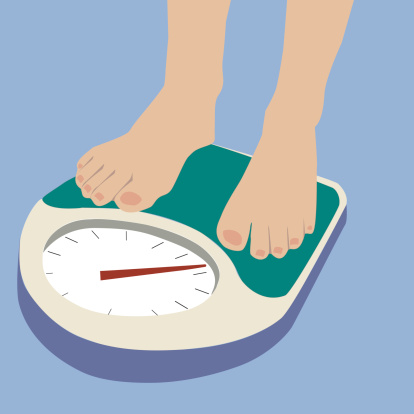I’ve been reading with earnest the local and national media’s coverage of the obesity epidemic and the shortcomings of the medical community in properly treating obese patients. This is an important issue in Alaska, where in 2014, 66 percent of adults were overweight or obese. Earlier this month, the Alaska Dispatch News ran a New York Times article titled “Why do obese patients get worse medical care? Many doctors don’t see past the fat.” With obesity-related medical care costing our state about $459 million every year, it is of utmost importance that health care providers in Alaska can “see past the fat.”
As a bariatric surgeon and the Director of Metabolic and Bariatric Surgery at Providence Alaska Medical Center, I have the privilege of seeing obese patients everyday, all day. It is my passion and I assure you that some doctors can see past the fat.
Obesity is a disease. In fact, the American Medical Association finally classified obesity as a chronic disease in 2013. This is significant as it brings more awareness to a condition that affects one in three Americans. And it is not an issue that is going away any time soon. Projections show that by 2050, over 42 percent of Americans will be obese and 33 percent will have diabetes.
Sadly, I hear stories like the one in the New York Times’ article every day. Having to be weighed at a junkyard or the zoo is a humiliating experience. Doctor’s offices and hospitals have been slow to purchase equipment capable of accommodating the increasing size of patients. This is a common problem in everyday life as well, with more and more people unable to be accommodated with seating on airplanes, in movie theatres, in cars and even on toilet seats. We have a long way to go as a society in this regard.
I had a mentor who used to say that obesity is the last accepted form of discrimination. We cannot discriminate based on age, race, sex or gender. Obesity, however, is still fair game and this article is proof of that. With that said, I do sympathize with many doctors in one regard: we are increasingly under close observation and scrutiny regarding even small complications. Doing any surgery on an obese patient carries more risk for complications or a poor outcome — and this is where obesity management is crucial.
At my practice, Anchorage Bariatrics, we have bariatric seating, scales and exam tables to accommodate patients up to 800 pounds. We strive to ensure that obese patients always feel comfortable and accepted in our office. We take a comprehensive approach to obesity management, offering diet and exercise plans, balloon procedures and all the surgical options. We have a clinical dietician on staff, we incorporate an extensive psychologic program to look at root causes and we have ongoing support groups. We can help patients lose significant amounts of weight so that they can undergo joint replacements, hernia surgeries or transplant surgeries; reach their long-term wellness goals; or simply feel better about themselves.
So if you find yourself with a doctor who can’t see past the fat, it’s time to find a new doctor.
• Dr. Justin Clark lives in Anchorage and is the owner of Anchorage Bariatrics. He also serves as director of Metabolic and Bariatric Surgery at Providence Alaska Medical Center.
Read more Opinion:
Alaska Editorial: New oil find field will benefit state, but doesn’t fix revenue problem
Empire Editorial: Dunleavy’s bill will sink PFDs
My Turn: Transparency in government requires homework on all sides

